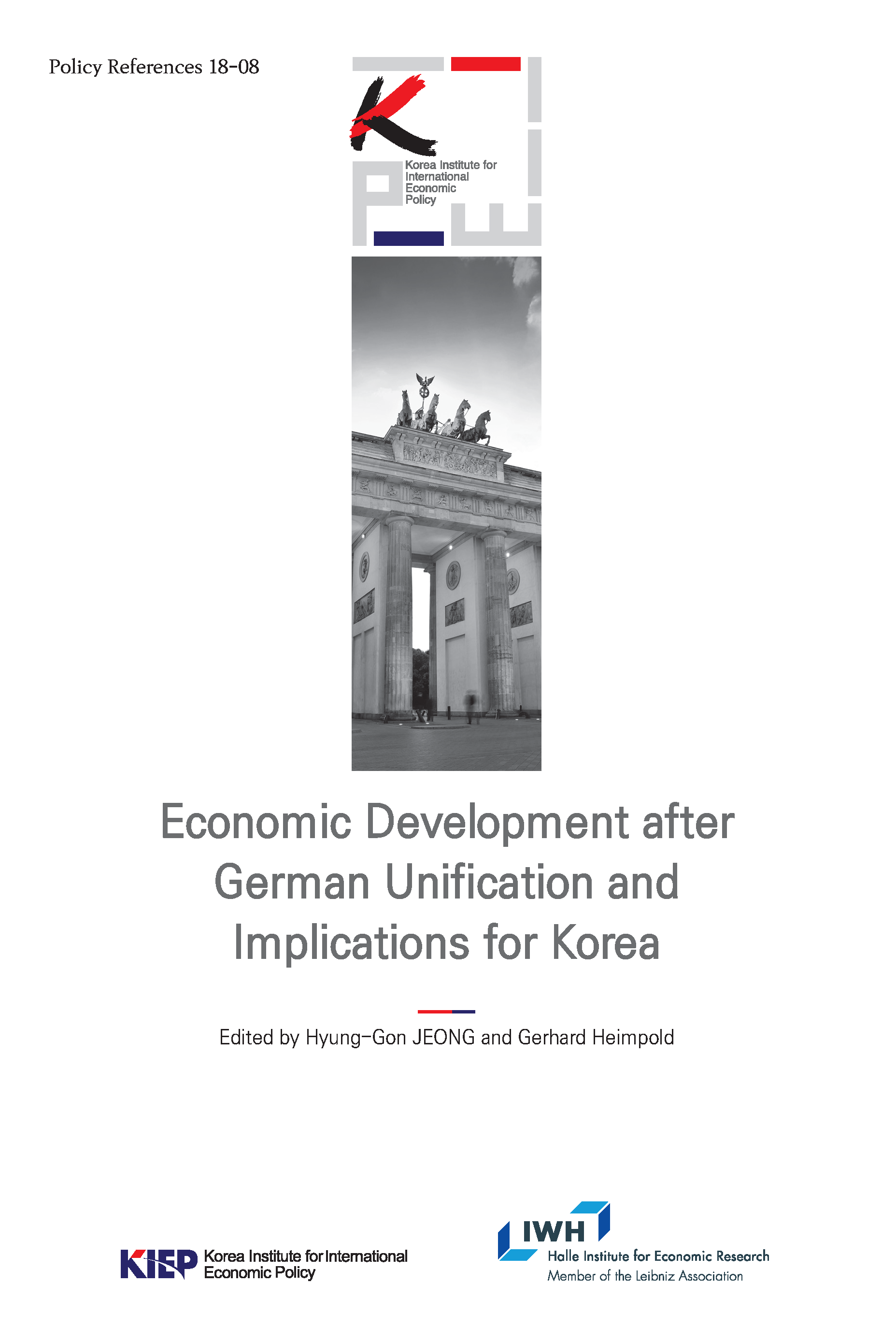
Economic Development after German Unification and Implications for Korea
The situation on the Korean Peninsula entered a new phase following the 2018 Winter Olympics, further evolving through the April 27 inter-Korean summit and June 12 Singapore summit between the U.S. and North Korea. Expectations are high for new exchanges and cooperation that would potentially lead to peace and prosperity on the Korean Peninsula. This would be a great chance to depart from hostility that has lasted over decades. However, it is expected to take some time until economic cooperation between the two Koreas resumes, as the negotiations for denuclearization still remain unresolved.





